
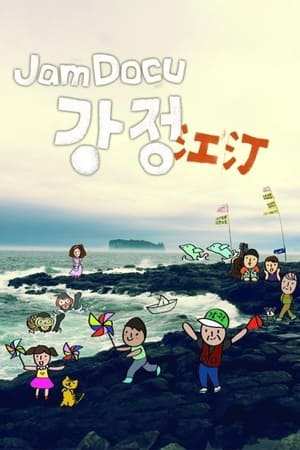
Jam Docu GangJeong(2011)
Gangjeong Village, located at the southernmost part of Jeju Island's Seogwipo City, is in the true sense a 'breathtaking land of water.' In this film, eight directors independently yet collaboratively orchestrate a clever and humorous "mission" at this place where the groundwork for building a naval military base is in progress.

Movie: Jam Docu GangJeong

Jam Docu 강정
HomePage
Overview
Gangjeong Village, located at the southernmost part of Jeju Island's Seogwipo City, is in the true sense a 'breathtaking land of water.' In this film, eight directors independently yet collaboratively orchestrate a clever and humorous "mission" at this place where the groundwork for building a naval military base is in progress.
Release Date
2011-12-22
Average
0
Rating:
0.0 startsTagline
Genres
Languages:
한국어/조선말Keywords
Similar Movies
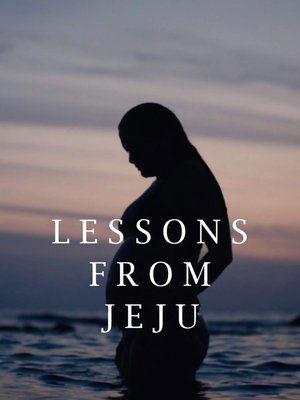 0.0
0.0Lessons from Jeju(en)
Seven months pregnant and apprehensive of the effect motherhood would have on her career as a professional freediver, Kimi Werner took a trip to the island of Jeju in South Korea to meet her heroes, the haenyeo – a group of freediving and fishing women often regarded as Korea’s first working mother’s whose culture dates back centuries.
Afrocentricity(en)
On the surface, this collection of shorts by up-and-coming African American filmmakers arrived at a perfect time. The cutting-edge products of the New Black Cinema of the early '90s had disappeared, giving way to embarrassingly stereotypical, scatological fare such as Booty Call and Next Friday. This feature-packed compilation (which includes production notes, interviews with all of the filmmakers, and audio commentary by four) attempts to prove that African American cinema is intent on moving past the lowbrow humor, as six of the seven shorts steer clear of any comedy.
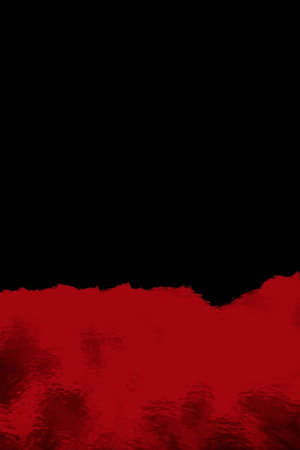 0.0
0.0The Red Filter is Withdrawn.(ko)
If you look into the entrance of one of the huge caves on the Korean island of Jeju, it looks like a camera lens. If you walk into the cave, it looks like a screen, a rectangle showing clouds and white light, just like a film. Director Kim Minjung delves into the bloody history of Jeju, where tens of thousands were killed in a massacre in 1948. The camera follows the traces in the landscape, sometimes transformed by a strident, distance-creating red light, accompanied by a commentary by avant-garde filmmaker Hollis Frampton. Film as a means to address history and its taboos.
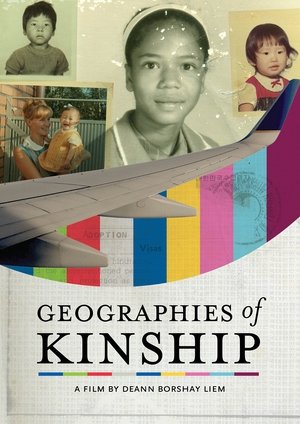 0.0
0.0Geographies of Kinship(en)
In this powerful tale about the rise of Korea’s global adoption program, four adult adoptees return to their country of birth and reconnect with their roots, mapping the geographies of kinship that bind them to a homeland they never knew.
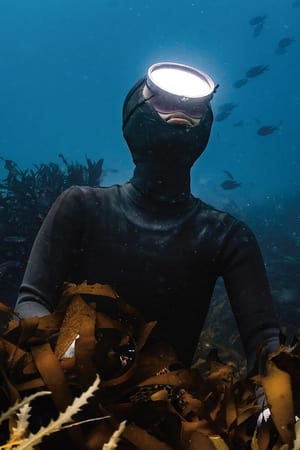 0.0
0.0Daughter of the Sea(en)
Battling deep depression, Jaeyoun returns to her roots on the island of Marano, South Korea, to visit her family of female free fivers known as haenyeo. To her surprise, she finds a connection to nature and her ancestors that literally saves her life.
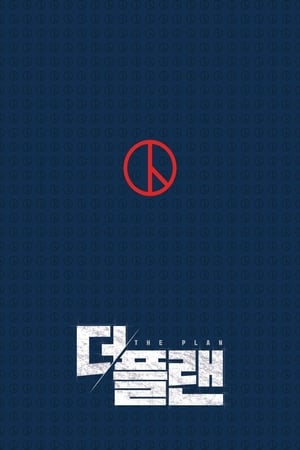 8.5
8.5The Plan(ko)
Let's look back at the 18th presidential vote. The 13,500 ballot boxes were taken to 251 ballot count locations and were sorted by 1,300 automatic ballot openers. The chairman announced the sorted data and soon it was announced to the public. But something strange happened. The 251 ballot count locations found 'a number' that have the same pattern. Scientists, mathematicians, statistician and hackers from all over the country start looking into the secret of 'this number'. The result is tremendously shocking...
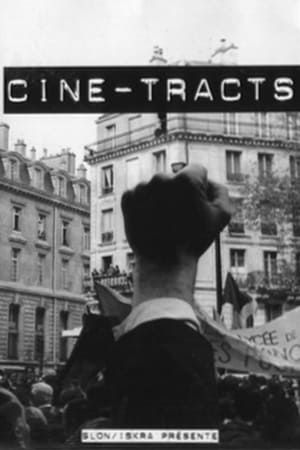 8.0
8.0Cinétracts(fr)
A series of 43 documentary shorts, directed (without credit) by several famous French filmmakers and each running between two and four minutes. Each "tract" espouses a leftist political viewpoint through the filmed depiction of real-life events, including workers' strikes and the events of Paris in May '68.
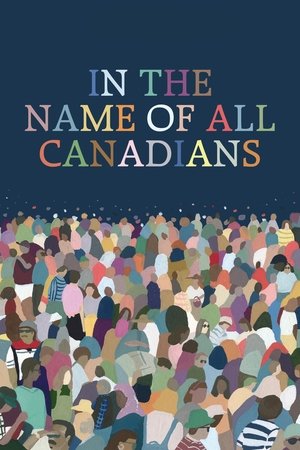 0.0
0.0In the Name of All Canadians(en)
Hot Docs will commemorate Canada's 150th anniversary of Confederation with the commissioning of In the Name of All Canadians, a compilation of six short documentaries inspired by Canada’s Charter of Rights and Freedoms. From Indigenous rights to multiculturalism to the controversial ‘notwithstanding clause,’ participating filmmakers have each selected a specific aspect of the Charter to explore, looking at how it resonates in the stories of their fellow Canadians.
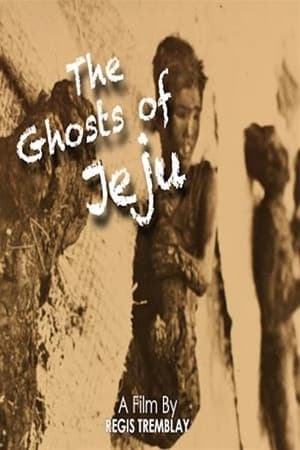 0.0
0.0The Ghosts of Jeju(en)
Documentary about the struggle of the people of Jeju Island, South Korea. Set in the context of the U.S. presence in Korea after World War II, the film reveals horrible atrocities at the hands of the U.S. Military Government of Korea.
 3.8
3.860 Seconds of Solitude in Year Zero(en)
An anthology of one-minute films created by 51 international filmmakers on the theme of the death of cinema. Intended as an ode to 35mm, the film was screened one time only on a purpose-built 20x12 meter public cinema screen in the Port of Tallinn, Estonia, on 22 December 2011. A special projector was constructed for the event which allowed the actual filmstrip to be burnt at the same time as the film was shown.
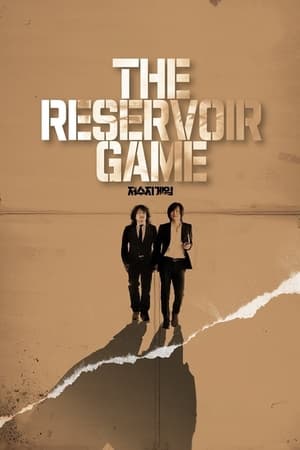 7.4
7.4The Reservoir Game(ko)
An investigative reporter seeks to expose the whereabouts of a slush fund belonging to the former president of South Korea, Lee Myung-bak.
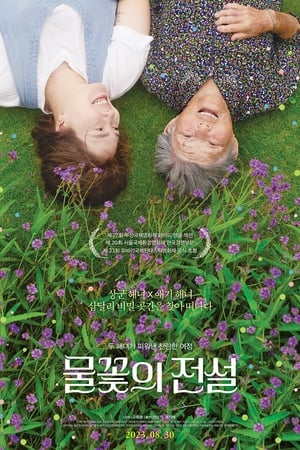 0.0
0.0Legend of the Waterflowers(ko)
Hyun Soonjik is the oldest living resident in Jeju Island. A natural diver with good skills, she became a high rank Haenyeo at an early age and has led an astonishing career of diving for eighty-seven years. Though she looks more comfortable when she is under water than when she is at home, she quit diving in October, 2020, and goes to sea every day, missing her old life as a diver. When she does, Chae Jiae who has been disciplined by Hyun, accompanies her and looks after her. Together they head for Deulmoolyeo, a place that only Hyun can find, to see the water flowers that bloom under water.
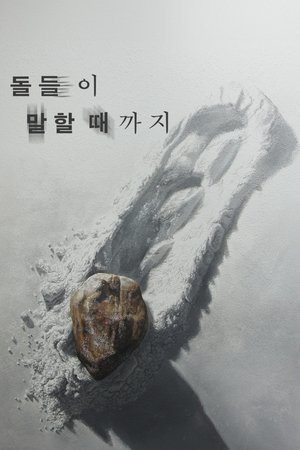 0.0
0.0Until the Stones Speak(ko)
There are five grandmothers, four of whom went to Jeonju Prison due to the Jeju 4.3. All of them were young people around the age of 20 at the time of the incident in 1948. The outline of the incident is formed when hearing the experiences of those who were sent to prison without trial particularly as women. The audience feels indescribable emotions by the fact that they have lived on despite what they had gone through, things that are just too much for a human being to bear.
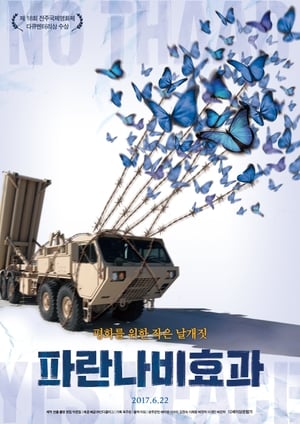 0.0
0.0Blue Butterfly Effect(ko)
The small county of Seongju staged protests against the THAAD. Young mothers led protests from concerns about their kids and the exposure to radiation. Gradually, they learn the system is faulty.
 0.0
0.0Shadow Flowers(ko)
Ryun-hee Kim, a North Korean housewife, was forced to come to South Korea and became its citizen against her will. As her seven years of struggle to go back to her family in North Korea continues, the political absurdity hinders her journey back to her loved ones. The life of her family in the North goes on in emptiness, and she fears that she might become someone, like a shadow, who exists only in the fading memory of her family.
 0.0
0.0Začátky filmových hvězd(cs)
Eva Holubová, Tomáš Hanák, David Vávra, Milan Šteindler, Martin Dejdar, Jitka Asterová have all starred in early short films by Tomáš Vorl. Nobody knew them at the time. And they themselves had no idea that they would one day shine in the Czech film sky.
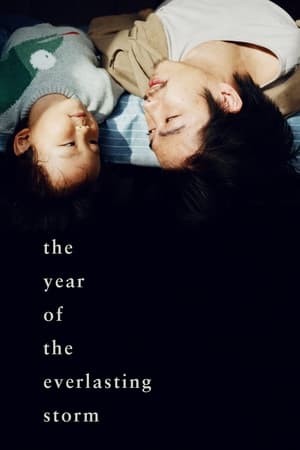 6.5
6.5The Year of the Everlasting Storm(en)
Featuring seven stories from seven auteurs from around the world, the film chronicles this unprecedented moment in time, and is a true love letter to the power of cinema and its storytellers.
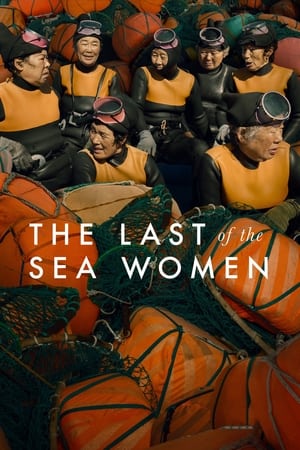 7.4
7.4The Last of the Sea Women(en)
On the shores of Jeju Island, a fierce group of South Korean divers fight to save their vanishing culture from looming threats.
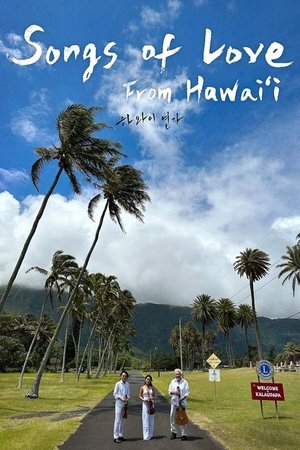 5.0
5.0Songs of Love from Hawaii(ko)
Embark on a mesmerizing musical journey through the multi-faceted history of Korean American immigrants in Hawaiʻi with SONGS OF LOVE, a captivating reverie of song and history.